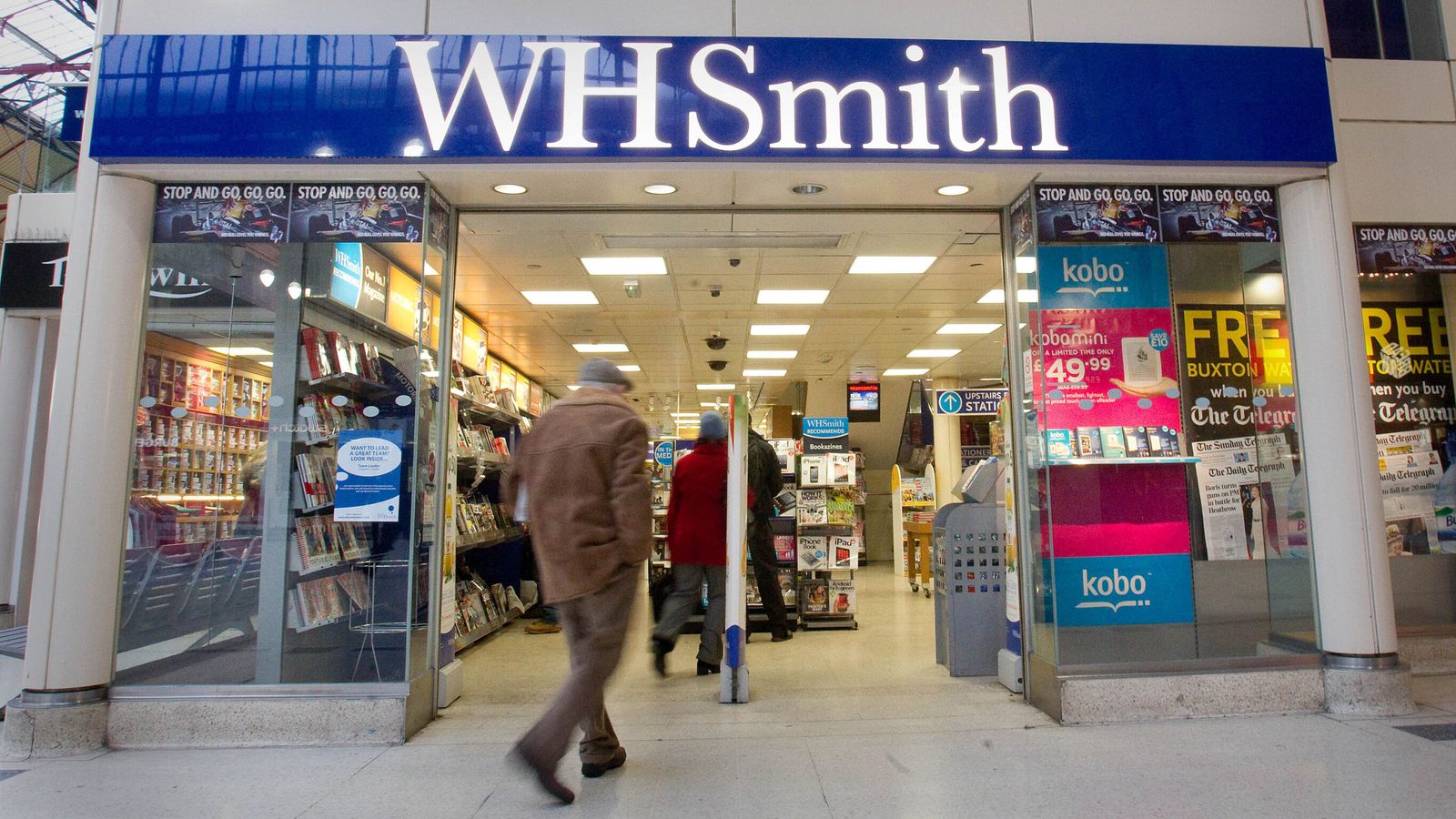WHSmith, M&S and Argos are among the retailers ‘named and shamed’ by the government for breaking the law on the minimum wage.
A total of almost £5million was outstanding to around 63,000 employees following a series of investigations by HMRC from 2017.
Companies which have fallen foul of the law have been ordered to repay what they owed, as well as being fined around £7million in total.
WHSmith was revealed to be the worst offender – failing to pay around £1million to 17,607 workers, according to HMRC figures.
The high street retailer blamed this on a “genuine error” related to company uniform policy in 2019. A spokesperson said this was rectified immediately with all employees reimbursed.
They added: “Following a review with HMRC in 2019, and in common with a number of retailers, it was brought to our attention that we had misinterpreted how the statutory wage regulations were applied to our uniform policy for staff working in our stores.”
Lloyds Pharmacy also failed to pay more than £900,000 to almost 8,000 employers, HMRC found.
Discount chain Wilko drafts in advisers ahead of rent cut talks
Profits slump at Dr Martens despite £1bn revenue milestone
Cost of living: Food inflation slows in May – but still rises 15.4% year-on-year
The company has been contacted for comment.
Read more:
Chancellor rules out mortgage support and capping food prices
No decrease in inflation as it remains at 8.7%
It has also been reported Marks and Spencer denied more than £578,000 in wages to 5,363 staff.
Bosses said this was only because of an “unintentional technical issue” from four years ago.
“This happened simply because temporary colleagues were not paid within the strict time periods specified in the national minimum wage regulations and was remedied as soon as we became aware of the issue,” a spokesman said.
“Our minimum hourly pay has never been below the national minimum wage, it is currently above it and no colleagues were ever underpaid because of this.”
Meanwhile Argos, which is now owned by Sainsbury’s, was found to owe more than £480,000 to 10,000 staff.
The supermarket insisted the law breach was due to a “payroll error” identified in 2018 which “affected some Argos store colleagues and drivers and dated back to 2012, before Sainsbury’s acquisition of Argos”, a spokesperson said.
“We launched an immediate investigation, working alongside HMRC, and put this right at the time.
“Since then we have completed the integration of Argos onto Sainsbury’s systems which will prevent this from happening again.”
The minimum wage is ‘non-negotiable’, retailers warned
Minister for enterprise, markets and small business, Kevin Hollinrake, warned that paying the minimum wage was “non-negotiable”.
“Most businesses do the right thing and look after their employees, but we’re sending a clear message to the minority who ignore the law: pay your staff properly or you’ll face the consequences.”
Read more:
Six million people with disabilities to receive £150 cost-of-living payments
What can you do if you’re struggling to pay your mortgage
Exclusive: Cost-of-living crisis sees military personnel turn to food banks
Bryan Sanderson, chairman of the Low Pay Commission – an independent body that advises the government about the National Living Wage and National Minimum Wage – said naming and shaming firms regularly would be a “useful tool” to raise awareness of underpayment and help to protect workers earning the minimum wage.
Please use Chrome browser for a more accessible video player
Earlier this year, the National Minimum Wage increased to £10.42 for people aged 23 and over – with only France, New Zealand and South Korea offering workers higher pay.
Average earnings, excluding bonuses, hit a record high of 7.2% in the 12 months to April.
Although the figure is below the rate of inflation, it represents an improvement for household spending power.
However, a report published in the same month warned the UK has a ‘long way to go’ on job standards.
Last August, the general secretary of the TUC union, Frances O’Grady, called for the minimum wage to be raised to £15 an hour to give workers a “decent standard of living”.






